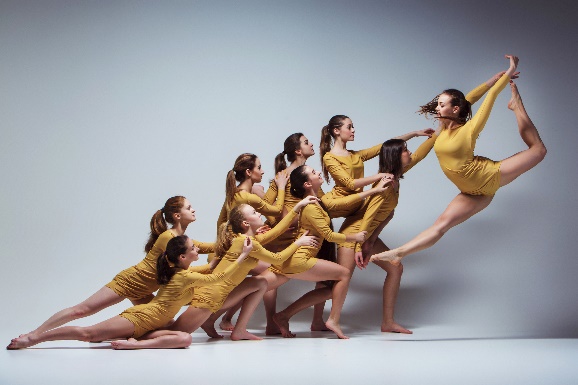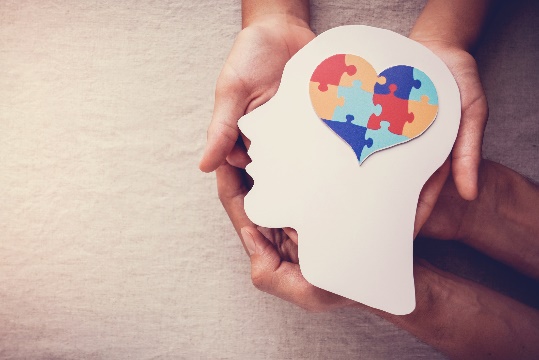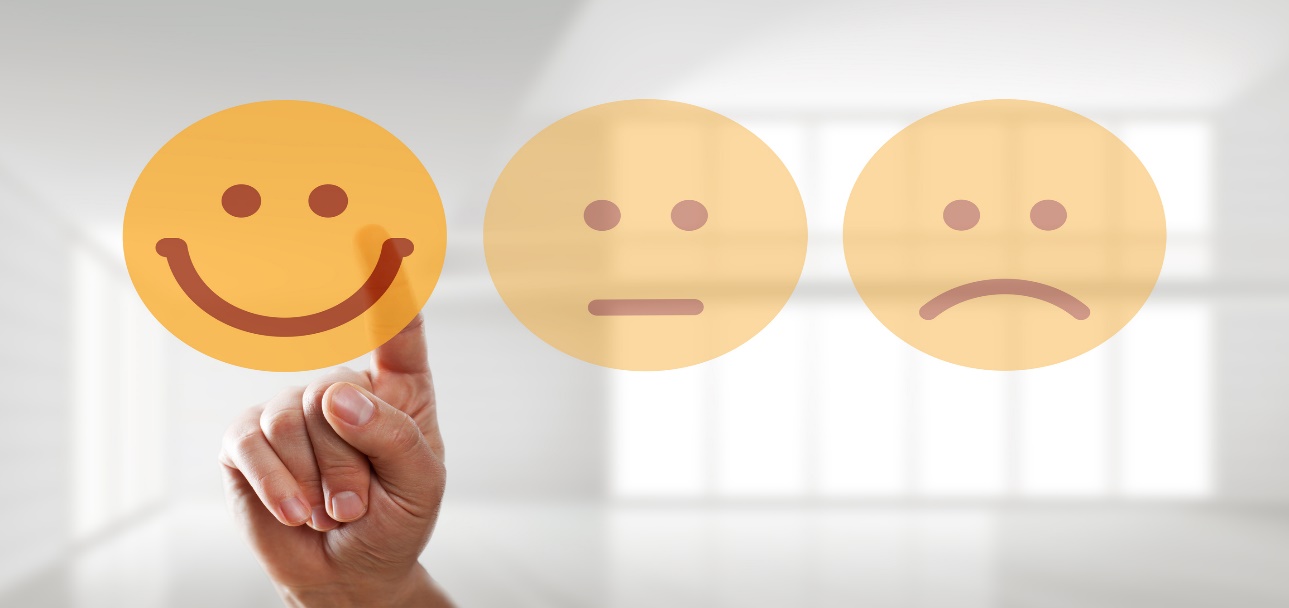Let's Dance! Breaking Down the Benefits of Dance Lessons
Author: Emily Farnon Date Posted:23 May 2022
Let’s Dance! Breaking Down The Benefits of Dance Lessons
It can be so hard to describe Dance. For some it’s both a sport and an art form. Others say it’s a universal language that can be spoken and understood anywhere, by everyone. It can even be a fun way to workout and express yourself. No matter how you define or describe it one thing is certain when it comes to Dance, the benefits are endless and last long after you’ve taken your final step on the dance floor. So put on your red shoes and dance the blues away as we breakdown the key physical, psychological and emotional benefits of taking dance lessons.
Physical
In its most basic form, Dance is exercise, and so the physical benefits are similar to that of any cardio activity. When you bust a move the brain releases endorphins, the “feel good” chemicals that can help with combating fatigue, anxiety and even sadness and depression. And that’s only the start of what Dance can do for your body! As you’re moving and grooving to the beat of a song you’ll notice you start to become out of breath, this means your heart rate is increasing, making your heart more efficient by sending out more blood to the rest of your body with every pump. Even your blood vessels after dancing for some time begin to relax, so for people with high blood pressure Dance is a great activity to help relax those blood vessels and improve blood pressure readings.
 Last but certainly not least, when you’re dancing and moving your feet, you’re inspiring your leg muscles to work. You are training them to utilise more oxygen, as well as soak up more insulin and glucose, which helps to stabilise blood sugar levels over time. It has even been suggested by some medical studies that people who take up dancing later on in life are less likely to get osteoporosis, and that those who take up dancing frequently are 76% less likely to get dementia. That is one powerful stat!
Last but certainly not least, when you’re dancing and moving your feet, you’re inspiring your leg muscles to work. You are training them to utilise more oxygen, as well as soak up more insulin and glucose, which helps to stabilise blood sugar levels over time. It has even been suggested by some medical studies that people who take up dancing later on in life are less likely to get osteoporosis, and that those who take up dancing frequently are 76% less likely to get dementia. That is one powerful stat!
Psychological
If the physical benefits aren’t reason enough to get moving, consider this: Dancing has been scientifically proven to help maintain and even enhance your brain’s ability to think as you age. Researchers from the U.S National Institute of Aging have found the areas of the brain responsible for controlling memory and skills such as planning improve with exercise like Dance. When you learn a new combination or routine you are challenging your brain to look for patterns, recall movements and commit steps to muscle memory. The techniques used by your brain to help you retain these combinations can help you remember just about anything!
Beyond memory, one of the most important skills Dance builds is discipline. The mental control and focus required when executing each step in a performance or routine is huge. If you aren’t present for even 1 count of 8 (Dancer’s you’ll know this, “5, 6, 7, 8”) you could find you’ve missed an entire combination. By showing discipline in class you will find not only are you able to pick up routines more easily, but that your mental stamina improves in all aspects of your life.
 Learning to fail gracefully is probably the most mentally taxing part of Dance. However, what it builds in all dancers is resilience and a confidence that allows you to put yourself out there. Whether you’re a seasoned professional or just starting out, you will find yourself receiving and applying corrections from teachers in order to improve. Being able to receive this feedback in a positive manner will serve you both on and off the dance floor.
Learning to fail gracefully is probably the most mentally taxing part of Dance. However, what it builds in all dancers is resilience and a confidence that allows you to put yourself out there. Whether you’re a seasoned professional or just starting out, you will find yourself receiving and applying corrections from teachers in order to improve. Being able to receive this feedback in a positive manner will serve you both on and off the dance floor.
Emotional
For those who describe Dance as an art form, the most important take away is self-expression. Dance gives music physical form. It requires equal parts creativity and emotion to bring a routine to life. Styles such as contemporary, jazz and hip hop offer dancers an outlet to release their inhibitions and explore new movements. The creativity and poise developed through Dance can also lead to improved communication, better mental health and stronger public speaking abilities.
But by far the most enduring benefit of Dance lessons is the friendships formed in the studio. Whether you meet at the barre in class, carpool to lessons, teach each other new steps in the foyer or support one another at eisteddfods, Dance connects you with like-minded friends and the studio gives you the perfect space to bond. You’ll often hear Dance teachers refer to their students and parents as family and this could not be truer, the friendships you make in the studio can last a lifetime.

So what are you waiting for? Enrol your child, grab a friend, or fly solo to your first beginner’s class, and Dance in the latest dancewear from Flair:





